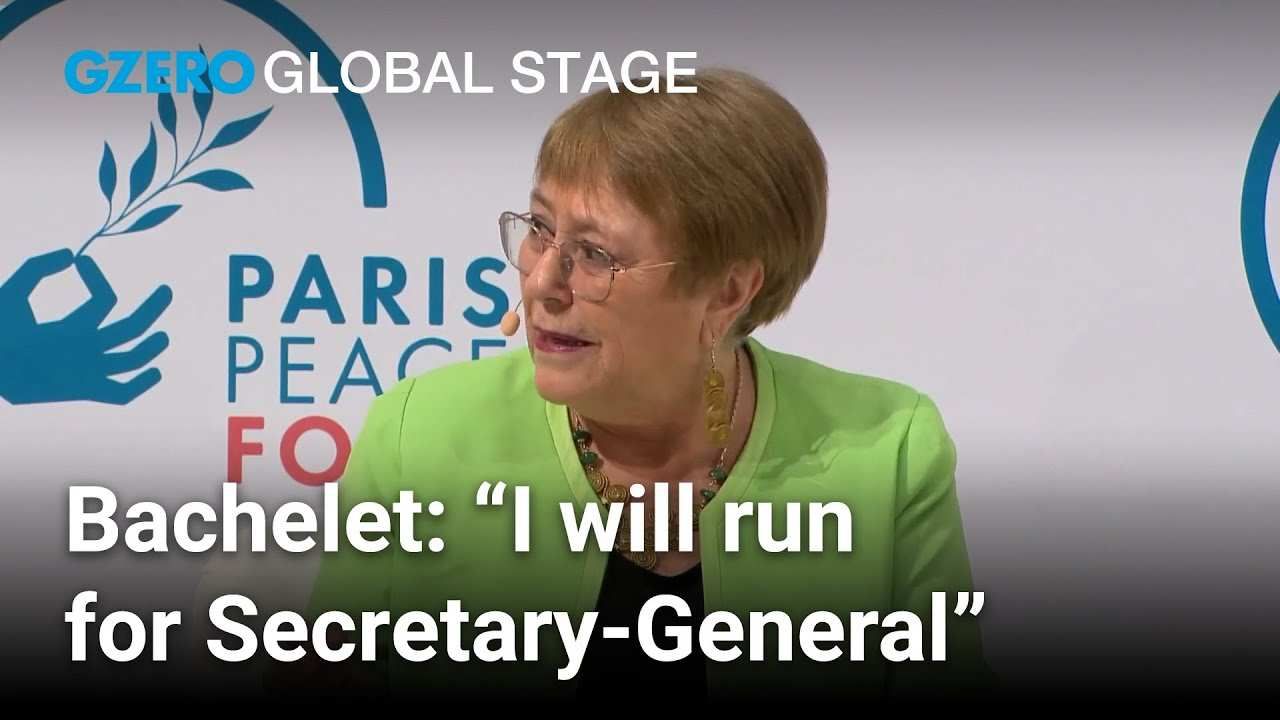Progress on Malaria – This week saw a potentially important victory in the war against malaria, which kills one child somewhere in the world every two minutes. Children under five are most at risk, especially in Africa. The southern African nation of Malawi began a landmark large-scale pilot program to immunize young children against malaria with the first vaccine that gives partial protection against the disease. The vaccine will protect only one-third of children under two years old from severe malaria, but clinical trials suggest those immunized are likely to have less severe cases of the disease. Smaller trials found that the vaccine prevented four in 10 cases of malaria in babies aged between five and 17 months.
Cuba's Ostrich Obsession – General Guillermo García Frías, a 91-year-old revolutionary comrade of the late Fidel Castro, raised eyebrows recently when he said on Cuban state television that Cubans should eat more ostrich. But it was his suggestion that an ostrich can produce more meat than a cow that pulled viewers out of their seats and onto social media, where they created some hilarious memes at the general's expense. Black comedy aside, this episode should set off alarm bells in the Cuban government. More Cubans now have Internet access, including on mobile phones, and hardships have only sharpened their sense of humor.
What We're Ignoring: Indonesian Hiccups and Scottish Independence
A Hiccup in Prabowo's Strategy – Opposition presidential candidate Prabowo Subianto declared victory following Indonesia's April 17 election. Though official results won't be announced until next month, Prabowo appears to be one of the very few people on Earth who believe he'll be Indonesia's next president. His claim is so dubious, in fact, that his vice-presidential running mate, Sandiaga Uno, did not appear on stage with him during his "victory" speech. When asked to explain his absence, Sandiaga claimed he'd had a debilitating attack of "non-stop hiccups." Sandiaga has since appeared with Prabowo, but he doesn't look happy about it.
Another Scotland Independence Referendum – Scotland will hold another referendum on independence from the United Kingdom, First Minister Nicola Sturgeon announced this week. She intends the vote to be held before May 2021, when the current term ends for Scotland's parliament. A referendum on this question failed in 2014 by a margin of 55-45 percent, but Sturgeon hopes that frustration and fear provoked by Brexit will flip the score. We're ignoring this story (for now) because much will happen over the next two years.
